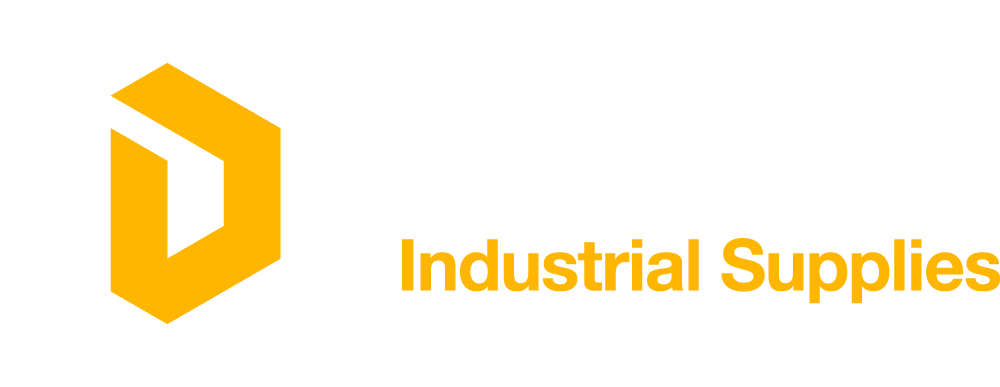A Quick Guide to PPE and Workwear for the Food Industry
Posted by Jill Glen on 21st Sep 2023
In the food industry, safety and hygiene are of paramount importance. Whether you work in a restaurant kitchen, a food processing plant, or a catering service; having the right PPE and workwear is essential to ensure both your well-being and the quality of the products you handle. That’s why we’ve pulled together a quick guide to help you make easier decisions when choosing for your team.
The Importance of PPE in the Food Industry
PPE is a crucial element in maintaining safety and hygiene standards in the food industry:
1. Protection from Contaminants:
PPE helps prevent cross-contamination by creating a barrier between the worker
and the food. It minimises the risk of transferring harmful microorganisms,
allergens, or foreign objects.
2. Safety:
PPE safeguards workers from potential hazards such as cuts, burns, or chemical
splashes. In a busy kitchen or food processing facility, accidents can happen,
and the right protective gear can prevent injuries.
3. Compliance:
The UK has strict regulations regarding PPE in the food industry. Compliance
with these regulations is not only a legal requirement but also a means to
maintain high-quality standards.
What’s Important to Your Team
When selecting PPE and workwear for the food industry, here are a few extra tips to keep in mind:
1. Comfort:
Comfortable PPE and workwear can significantly impact productivity. Ensure that
garments fit well and don't restrict movement.
2. Cleanliness:
Regular cleaning and maintenance of PPE are crucial, so how easy are they to clean? Disposable items should be
discarded after use, while reusable ones should be cleaned and sanitised daily.
3. Training:
Proper training on the use and care of PPE is essential for all employees. They
should understand when and how to use each piece of equipment.
4. Quality:
Invest in high-quality PPE and workwear to ensure durability and effectiveness.
Cheap, subpar gear may need frequent replacement and could compromise safety.
Essential PPE and Workwear for the Food Industry
1. Aprons:
Aprons made from durable materials like polyethylene or PVC are essential for
protecting clothing from spills, stains, and contaminants. Look for aprons with
adjustable straps for a comfortable fit.
2. Gloves:
Disposable gloves, often made of latex or nitrile, are vital for preventing
hand contamination. They should be changed frequently, especially when
switching between tasks or handling different types of food.
3. Hair Nets and Beard Covers:
Controlling hair is crucial to prevent it from falling into food. Hair nets and
beard covers help maintain a hygienic work environment.
4. Footwear:
Slip-resistant, closed-toe shoes or boots are recommended to prevent slips and
trips. They should be easy to clean and have good arch support for long hours
of standing.
5. Headgear:
In some food production areas, such as cleanrooms, workers may need to wear
hoods or caps to prevent hair and skin particles from contaminating the
products.
6. Eye Protection:
Safety goggles or face shields are necessary when handling chemicals or using
equipment that may generate splashes or debris.
7. Respiratory Protection:
If working in environments with airborne contaminants, respirators with
appropriate filters must be provided.
8. Uniforms:
Uniforms should be made from durable, easy-to-clean fabrics and come with a
separate coat or jacket. They should also have no pockets or minimal pocketing
to prevent food or contaminants from being trapped.
PPE and workwear are non-negotiable in the food industry. They protect both workers and the products they handle, ensuring the highest standards of safety and hygiene. By choosing the right equipment and following best practices, businesses can create a safer and more efficient work environment in the bustling world of food production and service. Stay safe, stay hygienic, and serve up excellence in the food industry with the right PPE and workwear.

